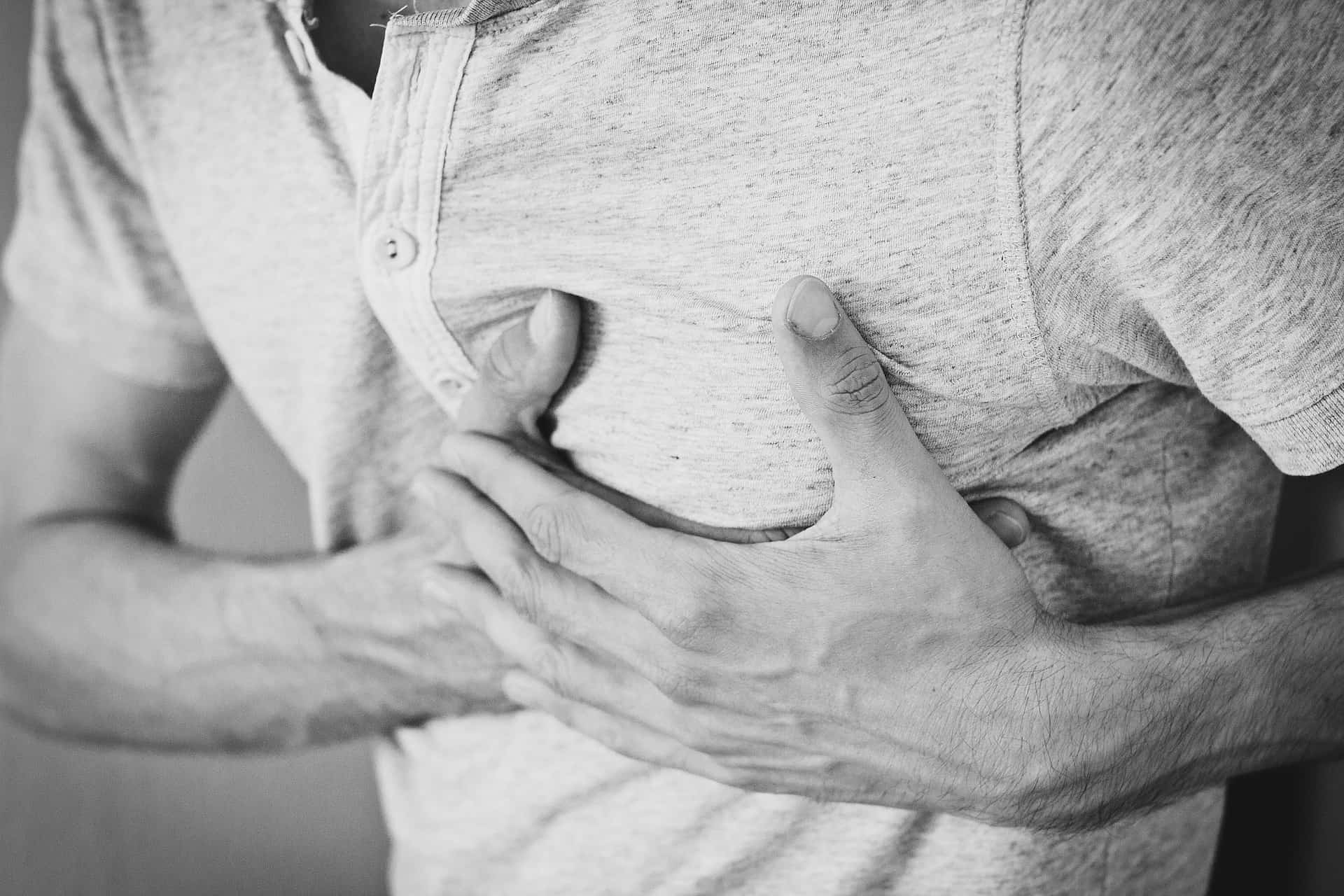Contents:
- Medical Video: OCD Symptoms: Obsessive Compulsive Disorder Symptoms
- Why do I go back and forth to check something I've done before?
- Understand the causes of OCD
- What are the symptoms of OCD besides checking things a number of times?
- Symptoms of obsession
- Compulsive symptoms
Medical Video: OCD Symptoms: Obsessive Compulsive Disorder Symptoms
Making sure everything is right can be a good habit. However, some people have the habit of repeatedly checking something. For example, you have locked the door of the house and left for campus or office. However, in your mind, you are not sure whether you have locked the door or not. Finally, you come back to check the door lock. You can do this up to five times, even more, in the same morning.
Or you have used clothes iron, but again you are not sure whether the iron has been turned off or not. You also go back and forth to check the iron many times.
There are still many other examples that illustrate the case of people with the habit of checking things many times. Not that the memory is weak, you know. People with habits like this usually have a strong enough memory and are fine. Then why can this habit emerge? Here's the explanation.
Why do I go back and forth to check something I've done before?
If you only occasionally check something that has actually been done, it's still natural and nothing to worry about. What you need to worry about is when you've done it too often, and it disrupts your daily activities and life.
For example, every morning you have to go back and forth to the house to check whether it has turned off the stove. As a result, you always arrive late to the office. Even while working in the office, you are still haunted by negative thoughts whether the stove in the house is still burning. You become difficult to concentrate and work productively because you are too busy imagining what will happen if the stove explodes or a fire breaks out.
This example is called obsessive compulsive disorder or obsessive compulsive disorder (OCD). OCD is a psychiatric disorder characterized by unreasonable patterns of thought and fear. This obsession encourages you to repeat (compulsive) behavior.
When you try to ignore or stop your obsession, you are even more stressed and anxious. In the end, you feel compelled to take compulsive actions to relieve stress. Even though compulsive rituals (checking many times) have been done and can temporarily reduce anxiety, you still have to do the ritual again when obsessive thoughts occur again and you cannot stop them.
Understand the causes of OCD
To understand why you can repeatedly check something that you have clearly done correctly, you must first understand how OCD can occur.
The exact cause of OCD is not fully understood, but studies show a combination of biological, genetic and environmental factors play a role in the occurrence of OCD.
Biologically, OCD may be a result of changes in the chemical function or function of your own brain.
From genetic factors, experts suspect that there are certain genes that do make someone more susceptible to OCD. This gene can be carried in the family (lowered). However, until now the specific genes that cause OCD have not yet been determined.
In addition, a person's environmental factors can trigger OCD or worsen the symptoms of OCD. Such as violence, changes in life situations, infectious diseases, the death of a loved one, changes or problems related to work or school, and problems in his personal relationship.
What are the symptoms of OCD besides checking things a number of times?
OCD symptoms include obsession and compulsiveness. However, you can also only have symptoms of obsession or only compulsive symptoms. You can realize or not realize that your obsession and compulsive symptoms are excessive or unreasonable, but that takes up a lot of your time and disrupts your daily routine, social functions, or work.
Symptoms of obsession
- Fear of dirt or contaminated by germs
- Afraid of hurting others
- Afraid to make mistakes
- Afraid of being humiliated or misbehaving from society
- Fear of thinking evil thoughts or sinning
- Everything must be organized and symmetrical
- Excessive doubts and constant certainty
Compulsive symptoms
- Take a shower or wash your hands repeatedly
- Refuse to shake hands or touch the door knob
- Repeatedly checking items, such as keys or stoves
- Always counting when doing a routine
- Continue to organize various ways
- Eating foods in a certain order (for example from the smallest to the largest size of food)
- Haunted by words, images, or thoughts, which cannot be lost and disturb sleep
- Repeat certain words, expressions, or prayers
- Need to do the same thing several times
- Collect or hoard items without clear values
OCD usually starts in adolescence or young adults. Symptoms that arise generally start gradually and tend to vary in severity. These symptoms will get worse when you are hit by stress.
OCD is usually considered a lifelong disorder. You may have mild symptoms that are very severe and time-consuming to paralyze your daily activities.
If you experience the symptoms of OCD, which is repeatedly checking something that has been done has disturbed your daily life, immediately check with the therapist, psychiatrist, or psychologist. Certain therapies and medications can help you control the urge to check things up to tens or hundreds of times a day.














